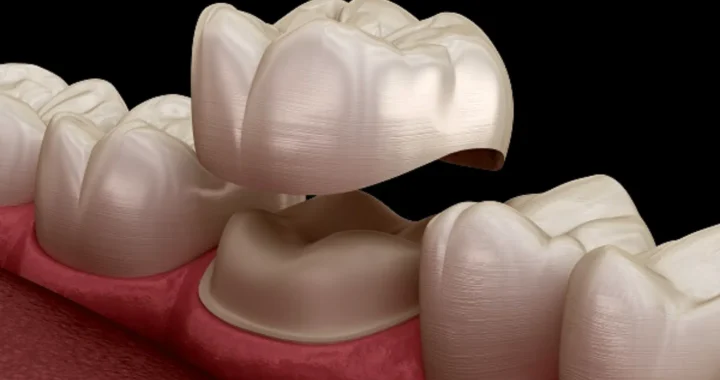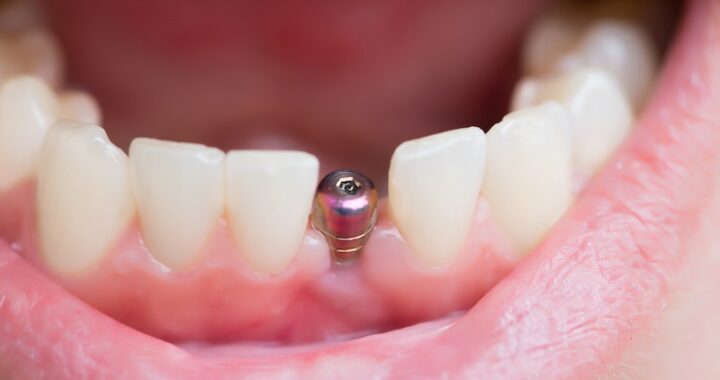Medical Conditions Contributing To Chest Pain

Chest pain can be debilitating and significantly impact your daily activities. Depending on the trigger and severity of the chest pain, you may find it difficult to perform tasks, exercise, or even simple activities like getting dressed or preparing meals. If you experience chest pain that interferes with your quality of life, you can trust your cardiologist Bakersfield, CA, to diagnose and offer the appropriate treatment. The following are factors that may trigger chest pain:
Aortic dissection
Aortic dissection is a medical emergency that can cause excruciating chest pain. An aortic dissection occurs due to a tear in the inner layer of your aortic wall, allowing blood to flow into the space between the layers and causing them to separate. This disruption can damage vital organs, such as the brain, heart, or kidneys, and can be fatal. The signature symptom of this disorder is a sudden, sharp, tearing, or ripping sensation in your chest. You may also experience shortness of breath, sweating, dizziness, or fainting. Factors increasing your risk for aortic dissection include high blood pressure, smoking, atherosclerosis, connective tissue disorders, and genetic predisposition.
Pericarditis
Pericarditis is an inflammation of your pericardium, a thin sac-like membrane that surrounds and protects your heart. This disorder is often due to infections, autoimmune diseases, and other medical conditions. You may experience sharp, stabbing chest pain that may worsen when lying down or taking deep breaths, a low-grade fever, and a general feeling of weakness or fatigue.
Angina
Angina occurs when your heart muscle doesn’t receive enough blood and oxygen to meet its demand, typically due to narrowing or blockage of the coronary arteries. The signature symptom of angina is tight, squeezing, or pressure-like pain in your chest, which may radiate to your arms, neck, jaw, shoulder, or back. The pain usually lasts a few minutes and is relieved with rest or medication. Angina can be stable, meaning that the pain occurs predictably during exertion or stress, or unstable, which is more severe and unpredictable and may indicate an impending heart attack.
Coronary artery disease
Coronary artery disease (CAD) occurs when the arteries supplying blood to your heart muscle become narrowed or blocked due to plaque buildup. This buildup reduces blood flow to your heart, resulting in chest pain. The severity of chest pain can vary from mild discomfort or pressure in your chest to a severe crushing sensation that may radiate to your arms, neck, jaw, back, or stomach. The risk factors of CAD include smoking, obesity, having a sedentary lifestyle, and having a family history of heart disease.
Aortic aneurysm
This disorder occurs when the walls of the aorta weaken and bulge outward, forming a balloon-like swelling. This swelling can exert pressure on the surrounding organs, including your heart and lungs, leading to chest pain. The pain caused can vary in severity, duration, and location and may be sharp, tearing, or crushing. The pain may spread to your back or abdomen and may be accompanied by other symptoms such as shortness of breath, dizziness, or fainting. The chest pain due to an aortic aneurysm may be sudden and severe and is a medical emergency that requires immediate attention. A ruptured aortic aneurysm can cause life-threatening internal bleeding and shock.
For more information about chest pain, call the Heart Vascular and Leg Center office or book an appointment online.


 Innovations in Health Screenings: Exploring the Latest Technologies in Clinic Services
Innovations in Health Screenings: Exploring the Latest Technologies in Clinic Services  Dental Crowns –Restoring Strength, Function, And Aesthetics.
Dental Crowns –Restoring Strength, Function, And Aesthetics.  One-Person Wonder: Making Waves in the Massage Industry in Gunma
One-Person Wonder: Making Waves in the Massage Industry in Gunma  How Cataract Surgery in Nashville Improves Vision and Quality of Life
How Cataract Surgery in Nashville Improves Vision and Quality of Life  Maintaining Oral Health: The Role of Dentists in Richmond
Maintaining Oral Health: The Role of Dentists in Richmond  How to Choose the Best Implant Dentist in Sheffield: A Guide
How to Choose the Best Implant Dentist in Sheffield: A Guide